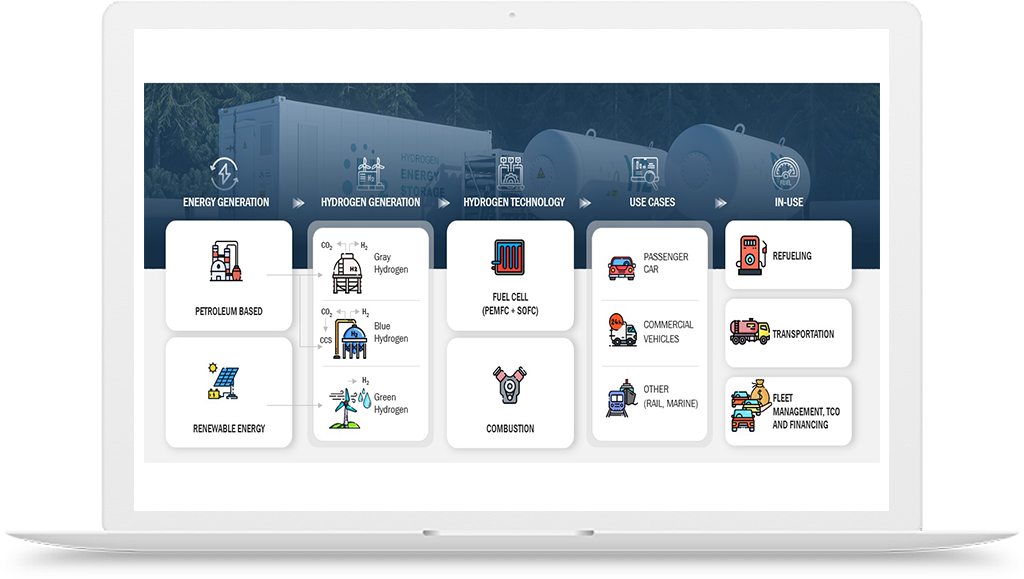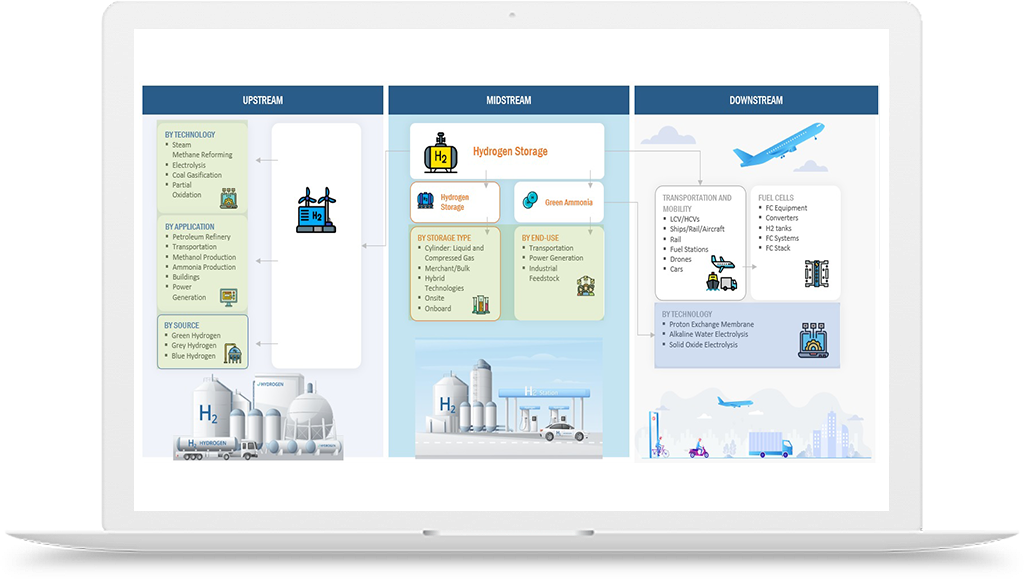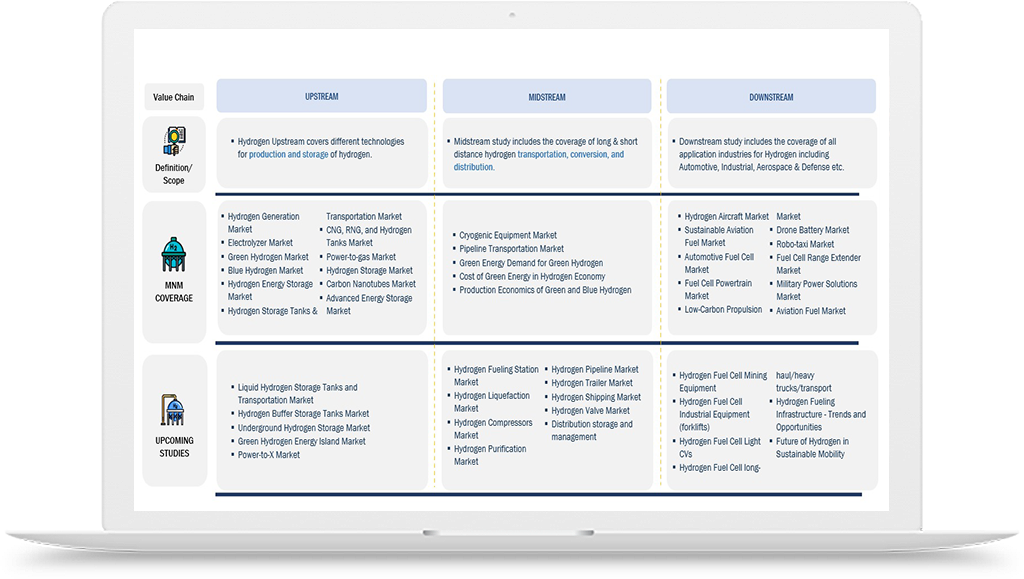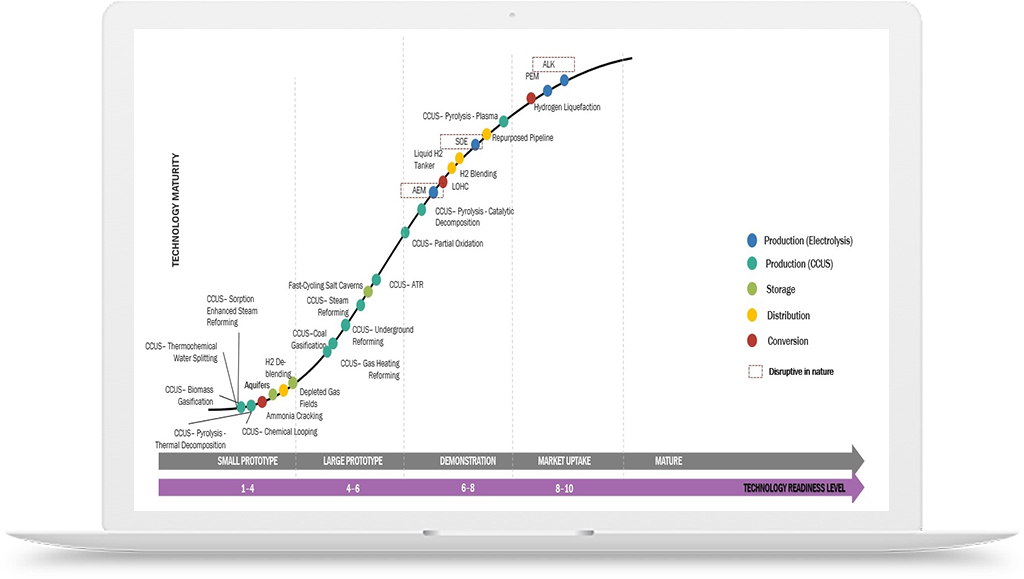Hydrogen Ecosystem Leading Players
Hydrogen Ecosystem Leading Stakeholders and Players collaboration as well as strategic analysis.
Stakeholders in the hydrogen ecosystem are collaborating in various ways to foster the development and deployment of hydrogen technologies. Collaboration is crucial for overcoming technical, economic, and regulatory challenges and achieving the widespread adoption of hydrogen as an energy carrier.
Here are some common strategies and initiatives followed by leading players:
Public-Private Partnerships:
- Research and Development (R&D) Collaboration: Government agencies, research institutions, and industry players often collaborate in joint R&D initiatives to advance hydrogen technologies. These collaborations facilitate knowledge sharing, technology development, and cost reductions. For example, partnerships like the Hydrogen Council bring together major companies from various sectors to promote hydrogen and support its commercialization.
- Demonstration Projects: Stakeholders collaborate on demonstration projects to showcase the feasibility and benefits of hydrogen technologies. These projects involve multiple participants, including technology developers, infrastructure providers, and end-users. Demonstrations help validate technology performance, identify optimization opportunities, and build confidence among investors and policymakers.
Supply Chain Collaboration:
- Value Chain Integration: Stakeholders across the hydrogen value chain collaborate to ensure a smooth and efficient flow of hydrogen from production to end-use. This collaboration involves coordination among hydrogen producers, storage providers, distributors, and end-users to establish seamless supply chain networks.
- Hydrogen Clusters and Hubs: Collaboration is fostered through the development of hydrogen clusters and hubs, where multiple stakeholders from different sectors come together to create an ecosystem for hydrogen production, storage, distribution, and utilization. These clusters enable shared infrastructure, resource optimization, and knowledge exchange.
Regulatory and Policy Advocacy:
- Industry Associations and Advocacy Groups: Leading players often join industry associations and advocacy groups to collectively advocate for favorable policies and regulations that support hydrogen adoption. These organizations work closely with governments to shape policies, secure funding, and promote the development of hydrogen infrastructure and markets.
- Policy Dialogue Platforms: Stakeholders engage in policy dialogue platforms at regional, national, and international levels. These platforms bring together industry representatives, policymakers, and regulators to discuss and address regulatory barriers, standardization, and harmonization of policies.
Cross-Sector Collaboration:
- Collaborative Projects with Energy Sectors: Collaboration between the hydrogen sector and other energy sectors, such as renewables, natural gas, and power grids, is crucial. Integration with renewable energy sources, such as wind and solar, can provide clean energy for hydrogen production. Collaboration with natural gas infrastructure can support hydrogen blending or repurposing of existing pipelines. Cooperation with power grid operators allows for efficient integration of hydrogen-based energy systems.
- Partnerships with Automotive and Mobility Companies: Hydrogen fuel cell vehicle manufacturers, automakers, and mobility companies collaborate with hydrogen producers and infrastructure providers to develop the necessary fueling infrastructure, support fleet deployments, and demonstrate the viability of hydrogen-powered transportation. These partnerships aim to accelerate the adoption of hydrogen as a fuel for transportation.
International Collaboration:
- Global Cooperation: Stakeholders collaborate on an international scale to exchange knowledge, best practices, and experiences. This includes sharing research findings, policy insights, and technology advancements to promote the global deployment of hydrogen technologies. Platforms like the International Partnership for Hydrogen and Fuel Cells in the Economy (IPHE) facilitate international collaboration and knowledge-sharing.
- Cross-Border Hydrogen Trade: Stakeholders explore cross-border collaborations for hydrogen trade, leveraging regional strengths and resource availability. Initiatives like the European Clean Hydrogen Alliance and Australia-Japan Hydrogen Cooperation pave the way for international hydrogen trade and enable the development of supply chains between countries.
















